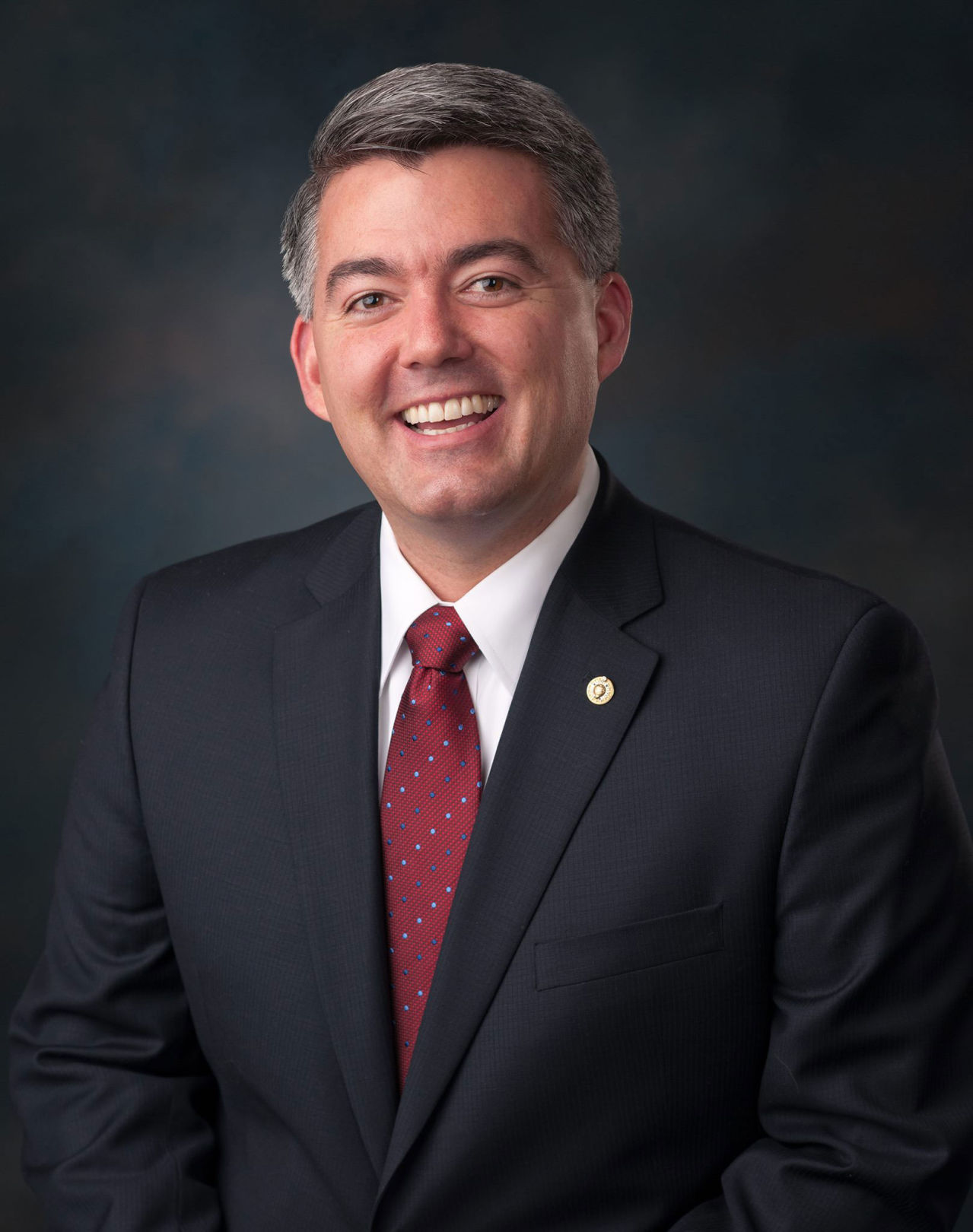Like so many Coloradans, Lindsey and Jared hustle every day. Jared owns and runs a welding company that he built from the ground up. Lindsey is a self-employed entrepreneur and real estate agent. Together they do their most important work raising their two daughters and are expecting their third in April. Their work days begin before dawn and end with tucking in toddlers. In short, their work never ends.
2017 was the year that Republicans finally made good on their promise to families like theirs. What does the biggest tax reform bill in decades mean for a couple like them? For Jared, a permanent cut in the corporate tax rate means more money to reinvest in his growing company. For Lindsey, a cut in personal income tax rates means sending less of her money to the government and more of it to her retirement account. Doubling the child tax credit means they will keep thousands more dollars every year, money they can put towards school supplies and college savings accounts for their daughters.
The Tax Cuts and Jobs Act means Americans will certainly keep more of what they earn. Even more, the bill re-establishes our party’s commitment to the ideal that each and every American, by their very birthright, should have the chance to thrive and soar to their greatest potential. That project begins by restoring to American individuals and families, the engines of American growth, a greater stake in what is theirs in the first place.
And the bill’s national implications signal that America is still a country on an upward trajectory. Permanent and substantial tax relief gives American businesses a global competitive edge once more and promises to boost wages, create jobs, and harness American talent and ingenuity. Those promises extend all the way to the Rockies, where Colorado industries—from our farm cooperatives to our craft breweries to our sustainable energy firms—stand to gain.
But this legislative victory was only the first step of many more Congress must take to unlock American potential.
We need a bill that would bring our infrastructure in line with our thriving economy. Jared’s business is booming, but he frequently gets stuck in traffic snarls driving between job sites along Interstate 25, parts of which have not been expanded in decades. Since 2000, more than a million people have moved to Colorado, which ranks among the top ten states for population growth, but its primary highway is still only two lanes at some of its busiest parts. Nationwide, our roads need repaving, our airports need refurbishing, our rural communities need access to reliable broadband and our power grids need security updates to account for cyber threats that were unthinkable when they were built. Americans shouldn’t have to live in fear of what a rogue foreign actor, with a mere stroke of a key, could do to their ability to access life’s essentials.
Our decades-old laws governing technology need to be brought into the Snapchat era. Many of our technology laws were written at a time when a personal computer in most homes was unimaginable and accessing the Internet involved a dial tone. Today, the majority of households in Colorado don’t even have a landline. The AIRWAVES Act is a bipartisan piece of legislation I have introduced that accounts for Americans’ increasing reliance on cell phones, Wi-Fi networks and other wireless technologies, and outlines a way to modernize the FCC’s approach to allocating the spectrum over which those signals and data travel. Not only does the bill aim to free up available spectrum and motivate industry and federal agencies to more efficiently utilize it, the proceeds of the bill would be used to build out wireless broadband infrastructure in underserved areas and rural communities. This would mean more Coloradans with access to the technological tools necessary for success in a 21st century America.
These are commonsense measures Congress can enact in 2018 to capitalize on the strongest economy we’ve had in 10 years and a tax and jobs bill that rewards Americans, not Washington, for the hard work it took to get us here.
Sen. Cory Gardner is a fifth-generation Coloradan who was born and raised in Yuma, a small town on the Eastern Plains of Colorado where his family has owned a farm implement dealership for over a century.



